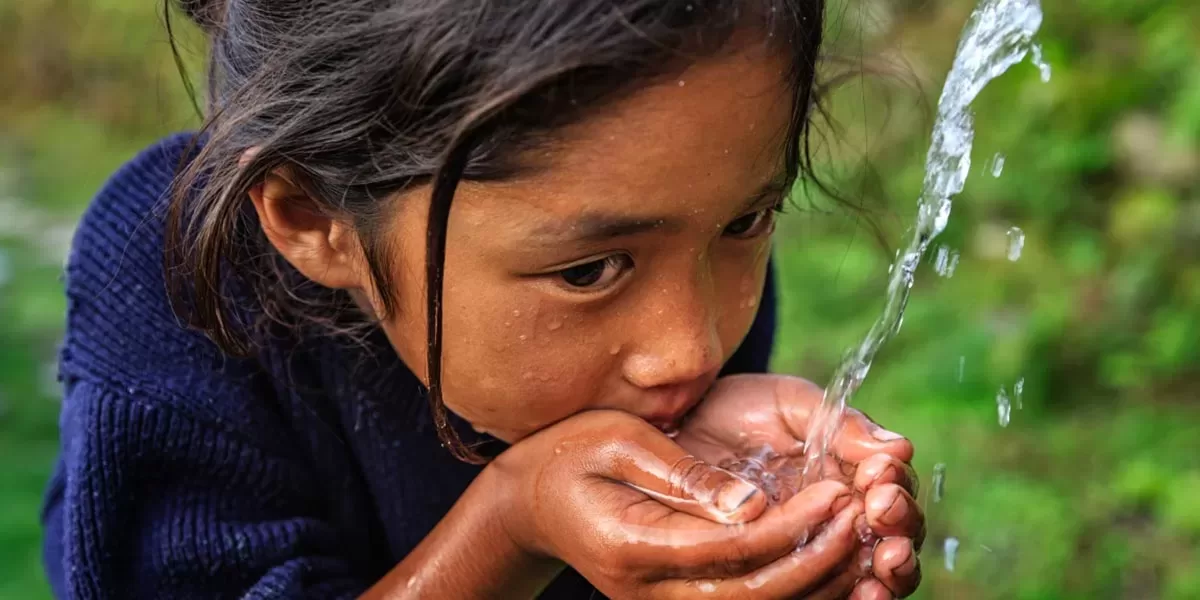
SPONSORED BY: DEPARTMENT OF DRINKING WATER AND SANITATION MINISTRY OF JAL SHAKTI (GOI)
PROJECT DURATION: 2023-24
AREAS OF OPERATION: MAHENDRAGARH, HISAR, AND BHIWANI DISTRICTS OF HARYANA
Overview:
Yuva Mitra was empanelled as Implementation Support Agencies (ISA) to support and monitor water quality under the Jal Jeevan Mission across 956 villages in 25 blocks of Hisar, Bhiwani, and Mahendragarh districts of Haryana. The project aimed to enhance community capacity in water management and ensure sustainable groundwater resource management.
Facilitating Sub-committee Formation: Assisted in forming and building capacities of Village Water and Sanitation Committees (VWSC) and Paani Samiti.
Support and Guidance: Provided support to Gram Panchayats in areas like bank account opening, community mobilization, Gram Sabha meetings, and sanitation management
Needs Assessment: Evaluated the need for Functional Household Tap Connections (FHTCs) and encouraged adoption
Coordination Platform: Acted as a liaison between the District Water and Sanitation Mission (DWSM) and VWSC
Community Mobilization: Used Participatory Rural Appraisal (PRA) tools for mobilization and needs assessment.
Water Campaign Assistance: Supported government water campaigns.
Awareness Building: Raised awareness on rainwater harvesting, water quality, and conservation.
Achievements:
Under the Jal Jeevan Mission, Yuva Mitra effectively mobilized and empowered communities across 956 villages in Hisar, Bhiwani, and Mahendragarh districts. Key achievements include the activation and re-constitution of Village Water and Sanitation Committees (VWSCs), successful implementation of Functional Household Tap Connections (FHTCs), and comprehensive training for local stakeholders. The project resulted in significant improvements in water supply and quality, reducing reliance on tankers and decreasing waterborne diseases. Overall, the mission has transformed water access, boosted public health, and fostere sustainable practices, significantly improving the quality of life for over 2.8 lakh beneficiaries.

